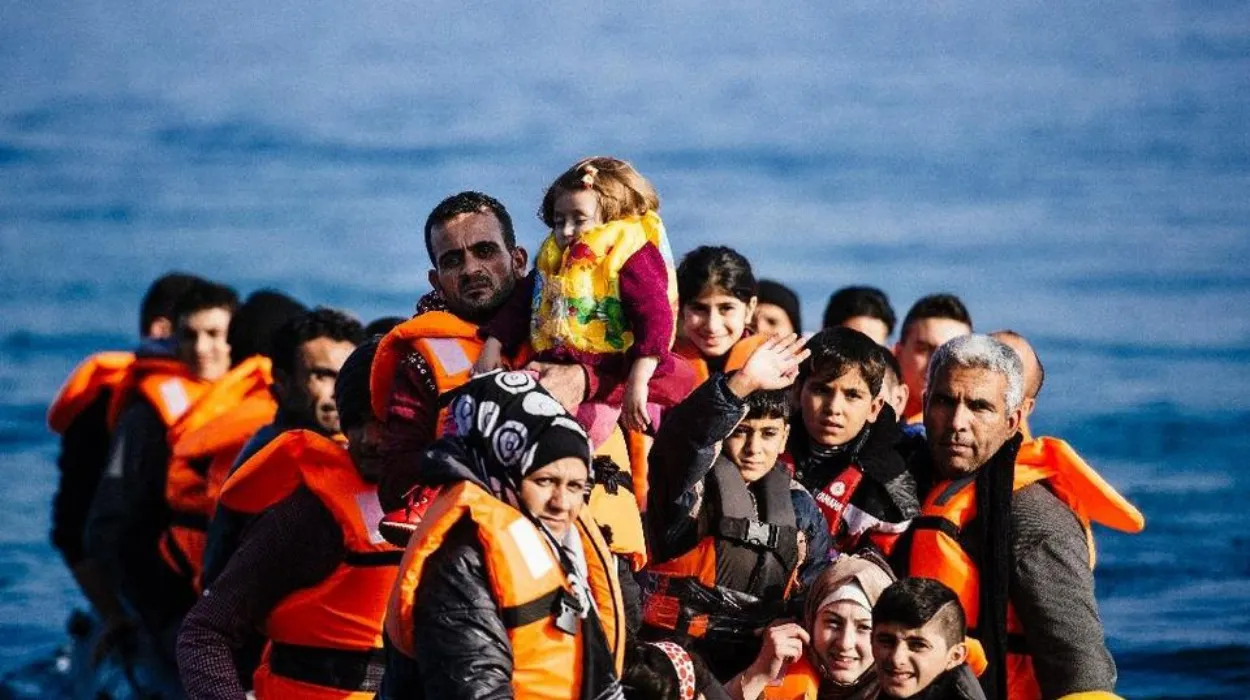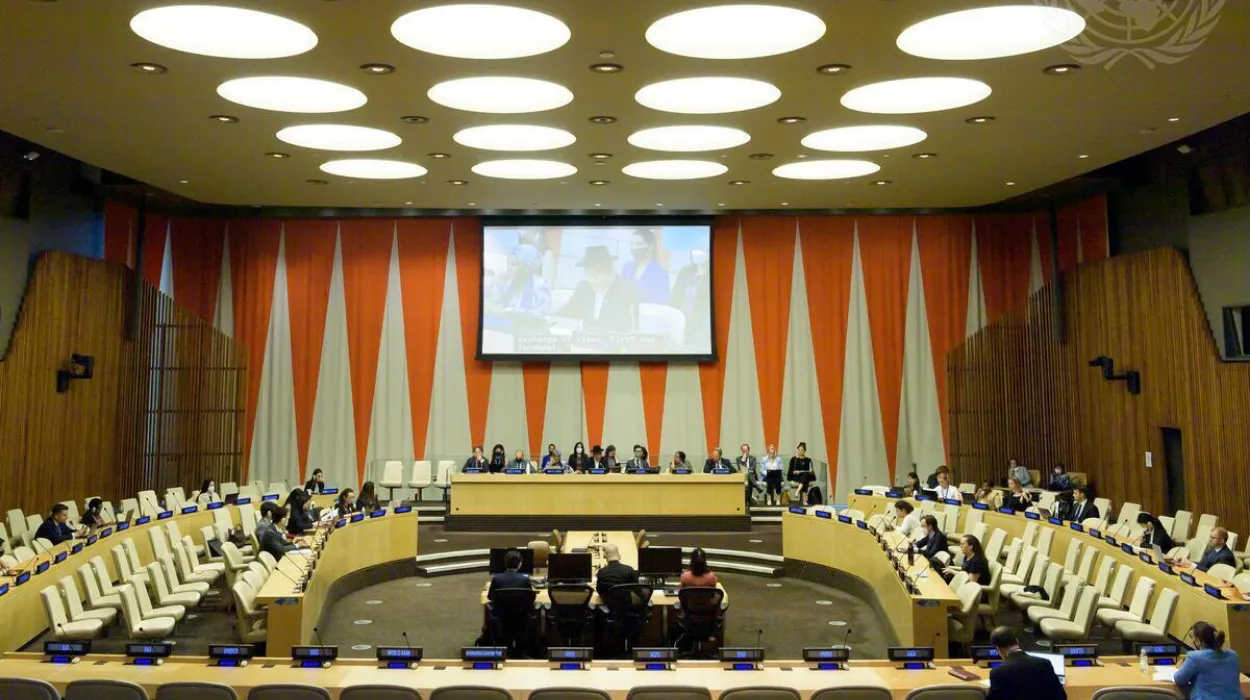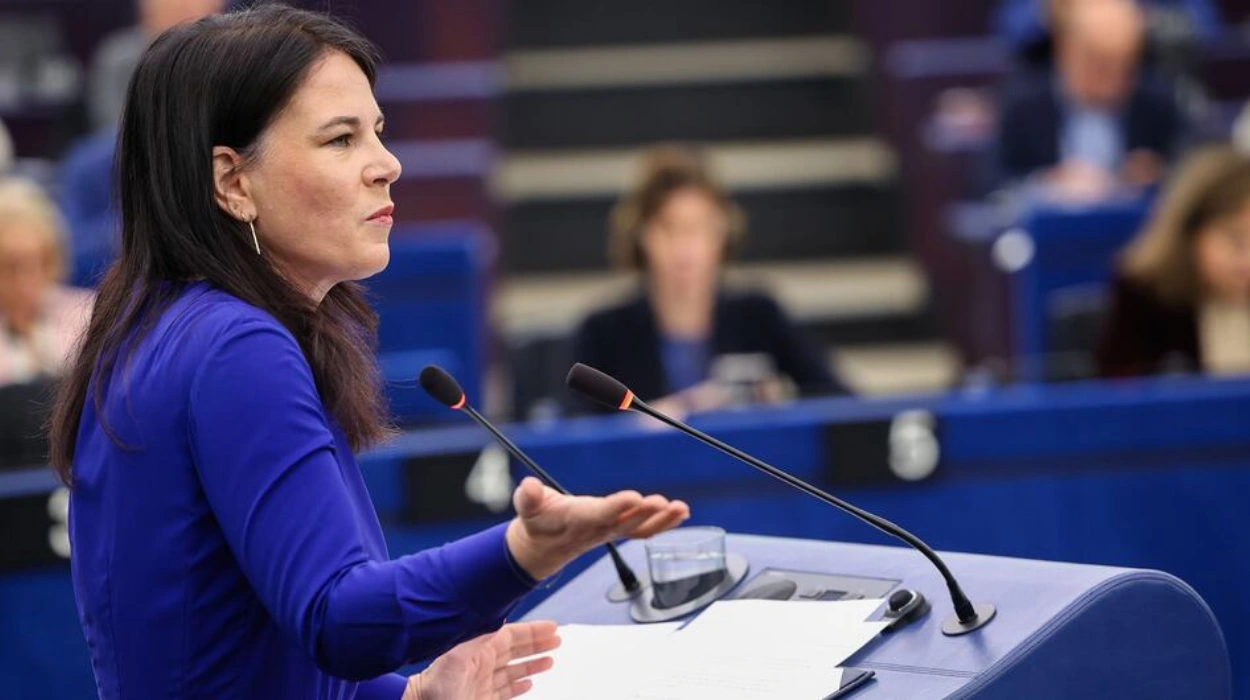Following the third anniversary of Russia’s invasion of Ukraine, the United Nations Security Council (UNSC) passed its first resolution on the issue. Resolution 2774 was passed with ten votes in support from China, Algeria, Guyana, Panama, Russia, Pakistan, the United States of America, South Korea, Somalia, and Sierra Leone, and five countries abstained: Denmark, Greece, France, Slovenia and the UK. First impressions aside, the resolution could be deemed promising as it demands a “lasting peace.” However, the text, and especially its omissions, pose a substantial threat to Ukraine, European security, and international law at large.
What key omissions make resolution 2774 problematic?
Resolution 2774 is eligible for a contest to determine the shortest resolution ever passed by the UNSC. It is comprised of only two preambles and one operative clause reading: “1. Implores a swift end to the conflict and further urges a lasting peace between Ukraine and the Russian Federation.”
Resolution 2774’s omissions stand out in the context of the two United Nations General Assembly (UNGA) resolutions passed on the same day as part of its Eleventh Emergency Special Session. Ukraine and the EU’s Resolutions ES-11/7 and ES-11/8, introduced by the USA, likewise call for „lasting peace“. However, they also emphasize the importance of “just“ and “comprehensive” as integral characteristics of peace between Ukraine and Russia.
Moreover, the UNGA’s resolutions demonstrate its commitment to the territorial integrity and sovereignty of Ukraine, both of which are fundamental to the meaning of Art. 2 of the UN Charter. Additionally, they refer to the confrontation as the “full-scale invasion of Ukraine by the Russian Federation,” which is different from the term “Russian Federation-Ukraine conflict” employed by the UNSC.
Additions such as these reflect the amendments that the European nations had put forward both in the UNSC and to UNGA resolution ES-11/8. Despite this, Russia was successful in blocking the amendments in the UNSC, whereas they gained a majority in the UNGA, thereby altering the USA’s draft resolution. As soon as the amendments were adopted in the UNGA, the United States abstained from voting on ES-11/8.
In light of the differences between the UNSC and UNGA resolutions discussed, the ambassador of Panama to the UNSC correctly stated that resolution 2774’s “silence speaks more eloquently than its words.”
The Negative Impact of Equidistance on Ukraine and International Law
On February 24th, 2025, the UN voted and passed resolutions showing that the waves are turning at the UN. First and foremost, this has ominous implications for Ukraine. Ukraine is under considerable pressure from the USA and Russia to agree to an indefinite occupation of significant regions of its territories through Russia. After the Russian “annexation” of four Ukrainian regions in 2022 (which was criticized and deemed unlawful by UNGA Resolution ES-11/4), Ukraine has announced time and again that the country will not surrender to Russian aggression and refused to transfer territory to subdue the aggressor.
The UNSC’s resolution undermines Ukraine’s position by framing the issue as a “Russian Federation-Ukraine conflict” and ignoring Ukraine’s territorial integrity per Art. 2 of the UN Charter. This equidistant approach makes Ukraine’s demand for full border restoration appear less reasonable, bolstering claims by the Trump administration and Russia that such restoration is “unrealistic.” Thus, Resolution 2774 could facilitate a “peace deal” that compromises Ukrainian sovereignty and legitimizes Russian aggression.
The Resolution sends a damaging signal about international law. Russia’s actions violate Article 2, paragraph 4 of the UN Charter. Yet, it has blocked enforcement measures with its veto for three years, continuing its aggression. This impotence regarding the use of force against UNSC permanent members has long troubled the UN system. Instead of responding to this violation, Resolution 2774 partially legitimizes Russia’s use of force. By framing it within the “Russian Federation-Ukraine conflict,” the UNSC equates illegal and legal actions, making the legal status irrelevant to resolving the conflict. This distortion grants undue legitimacy to Russian aggression.
By blending illegal and legal behavior, the UNSC shows indifference to international law’s role in resolving the war. If peace means the absence of hostilities, it can be achieved through an armistice that indefinitely “freezes” the current battle lines. However, such “peace” violates the principle that territory cannot be taken by force. A “peace deal” that overlooks aggression sets a risky precedent for states with expansive purposes.









